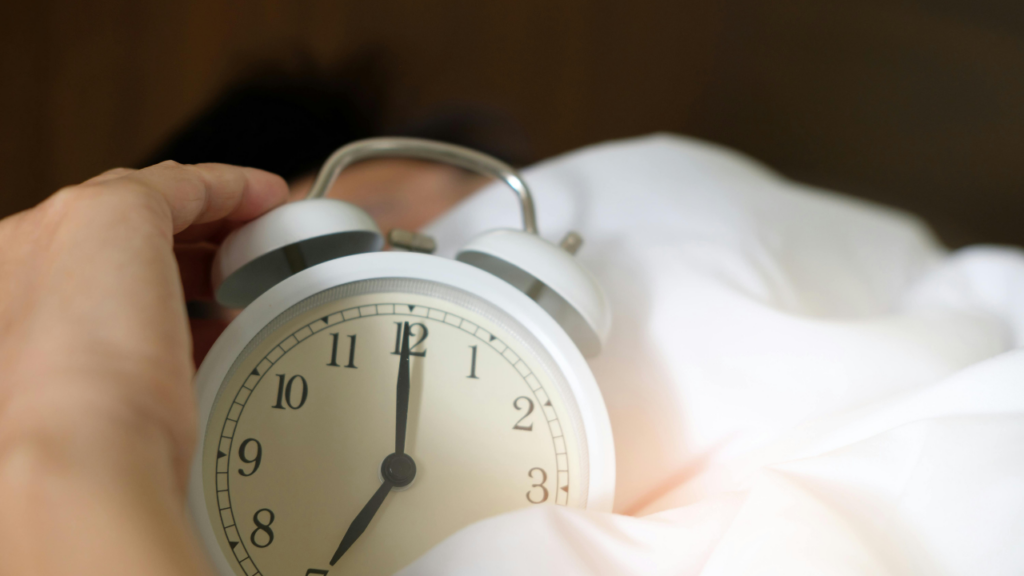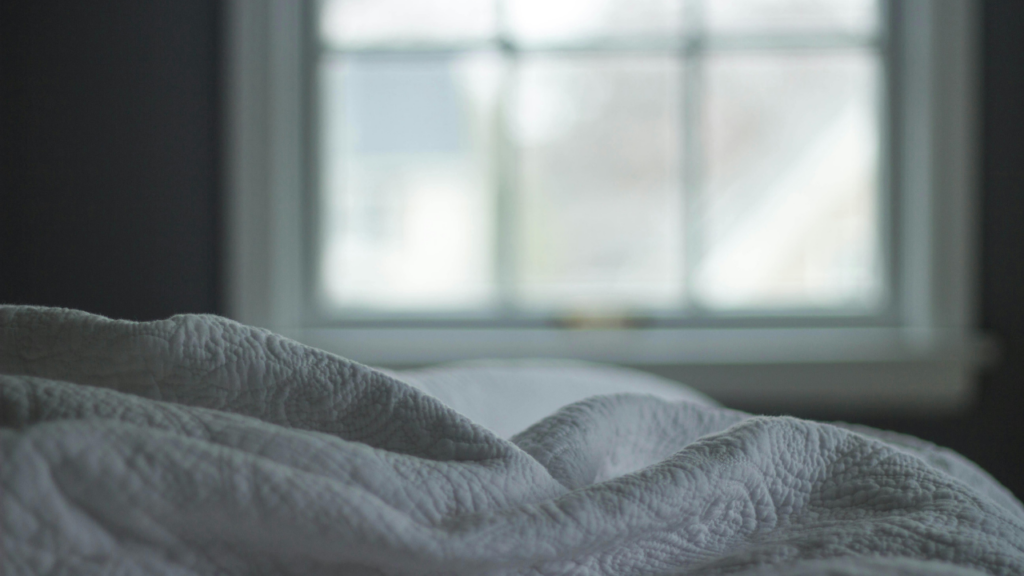In the challenging journey of addiction recovery, many factors contribute to long-term success. Among these, sleep hygiene often emerges as a crucial yet underappreciated element. At JourneyPure At The River, a leading drug and alcohol addiction treatment center in Tennessee, we recognize the profound impact that quality sleep can have on recovery outcomes and relapse prevention.
The Impact of Substance Abuse on Sleep Patterns
Substance abuse wreaks havoc on the body’s natural sleep-wake cycle. According to the National Institute on Drug Abuse, individuals struggling with addiction often experience significant sleep disturbances. These can manifest as:
- Difficulty falling asleep
- Frequent nighttime awakenings
- Reduced total sleep time
- Poor sleep quality
Research published in the Frontiers of Psychiatry journal reveals that up to 80% of individuals in early recovery report sleep disturbances, highlighting the pervasive nature of this issue.
How Poor Sleep Can Contribute to Relapse
The relationship between poor sleep and relapse risk is bidirectional. Sleep deprivation can exacerbate cravings, impair decision-making, and weaken emotional regulation – all factors that increase vulnerability to relapse. Studies consistently show that those who get worse sleep are more likely to relapse.

The Basics of Good Sleep Hygiene
Sleep hygiene refers to the habits and practices that promote quality sleep. Key elements include:
- Maintaining a consistent sleep schedule
- Creating a relaxing bedtime routine
- Optimizing the sleep environment (dark, quiet, cool)
- Avoiding stimulants like caffeine and nicotine close to bedtime
- Limiting screen time before sleep
Specific Strategies for Improving Sleep in Recovery
For individuals in recovery, additional strategies can be beneficial:
- Practicing relaxation techniques such as deep breathing or progressive muscle relaxation
- Engaging in regular physical exercise, but not too close to bedtime
- Avoiding heavy meals late in the evening
- Using journaling or meditation to process thoughts and reduce anxiety
- Considering natural sleep aids like chamomile tea or melatonin (under medical supervision)
The Connection Between Sleep, Mood Regulation, and Cravings
Sleep plays a vital role in emotional regulation and stress management. Chronic sleep deprivation can lead to:
- Increased irritability and mood swings
- Higher levels of anxiety and depression
- Impaired cognitive function and decision-making
These factors can intensify cravings and make it more challenging to resist triggers. A study in the journal Sleep found that even one night of poor sleep can increase the desire for reward, potentially escalating the risk of relapse.
Common Sleep Disorders in Recovering Individuals
Several sleep disorders are prevalent among individuals in recovery:
- Insomnia: Difficulty falling asleep or staying asleep
- Sleep apnea: Breathing interruptions during sleep
- Restless leg syndrome: Uncomfortable sensations in the legs, often worse at night
- Nightmares and night terrors: Often related to past trauma or withdrawal
Identifying and addressing these disorders is crucial for comprehensive recovery.
The Role of Circadian Rhythms in Addiction and Recovery
Circadian rhythms, our internal 24-hour cycles, regulate various physiological processes, including sleep-wake patterns. Substance abuse can disrupt these rhythms, leading to sleep disturbances and other health issues.
Restoring healthy circadian rhythms can support recovery by:
- Improving sleep quality
- Enhancing mood stability
- Reducing stress and anxiety
- Supporting overall physical health

How Different Substances Affect Sleep Architecture
Various substances impact sleep architecture – the pattern and stages of sleep – in distinct ways:
- Alcohol: While it may help with falling asleep, it disrupts REM sleep and causes frequent awakenings.
- Stimulants (cocaine, methamphetamine): These can lead to insomnia and fragmented sleep patterns.
- Opioids: They suppress REM sleep and can cause sleep-disordered breathing.
- Marijuana: Regular use can reduce overall sleep quality and alter sleep cycles.
Understanding these effects is crucial for tailoring sleep interventions in recovery.
Non-Pharmacological Approaches to Addressing Sleep Issues in Recovery
At JourneyPure At The River, we emphasize non-pharmacological approaches to improve sleep, including:
- Cognitive Behavioral Therapy for Insomnia (CBT-I)
- Mindfulness-based stress reduction techniques
- Yoga and tai chi for relaxation and stress reduction
These methods have shown promising results in improving sleep quality without the risks associated with sleep medications.
JourneyPure At The River’s Approach to Addressing Sleep Issues
At JourneyPure At The River, we recognize the critical role of sleep in recovery and have integrated comprehensive sleep management into our treatment programs:
- Cognitive Behavioral Therapy for Insomnia (CBT-I): Our trained therapists provide CBT-I, a gold-standard treatment for sleep disorders, as part of our comprehensive therapy offerings.
- Sleep Hygiene Education: We provide extensive education on sleep hygiene practices, empowering clients with practical tools to improve their sleep quality.
- Integrated Relapse Prevention: Improved sleep quality is a key component of our relapse prevention strategies. We help clients understand the connection between sleep and recovery, monitoring progress and adjusting interventions as needed.
By addressing sleep issues early in the recovery process, we aim to set a strong foundation for long-term sobriety.
The Power of Good Sleep in Recovery
The importance of addressing sleep issues in addiction recovery cannot be overstated. Good sleep hygiene supports mood regulation, enhances cognitive function, reduces cravings, and contributes to overall well-being – all crucial factors in maintaining long-term sobriety.
At JourneyPure At The River, we’re committed to helping our clients achieve not just recovery, but a holistic state of health and well-being. By prioritizing sleep hygiene alongside other evidence-based treatments, we provide a comprehensive approach to addiction recovery that addresses the whole person. If you or a loved one are struggling with addiction and sleep issues, don’t wait to seek help. A better night’s sleep could be the first step towards a brighter, sober future.
Call JourneyPure At The River today at 629-222-9449 to learn more about our comprehensive addiction treatment programs and how we can help you achieve lasting recovery.
